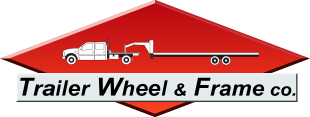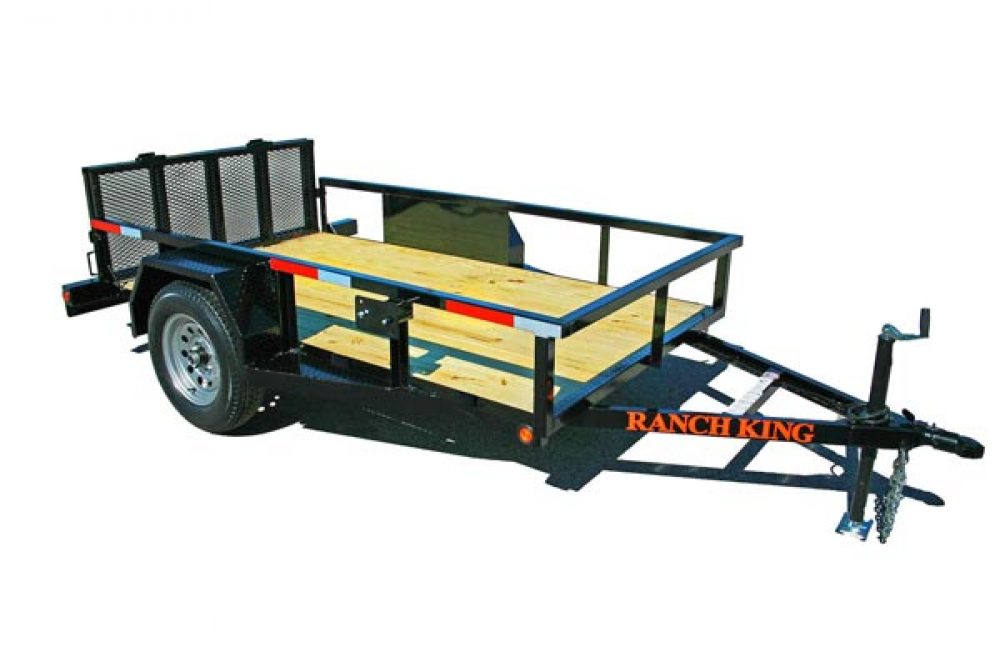Utility Trailer Rental: Types, Sizes, and Safety Tips
With spring moving and project season upon us, many seek affordable and dependable transportation. Utility trailer rentals offer a practical solution for tasks ranging from household moves to equipment hauling. This guide provides essential steps for a smooth and worry-free trailer rental experience.
A Practical Guide to Matching the Trailer Size to Your Project
Matching the trailer size to your needs is crucial for both cost-effectiveness and safety. Trailers are available in lengths from 4 to 28 feet. For minor home tasks, a 4–6-foot trailer should be adequate. However, moving a household typically demands a 12-foot trailer or larger. Always confirm your vehicle can safely tow the chosen trailer’s weight and that you have the skills to manage its size. Remember that you may have to back up your utility trailer rental, so be prepared with that experience.
Here is a simple checklist to follow when choosing your utility trailer rental.
- Choose the right size for your project: Your cargo, the weight of that cargo, and your tow vehicle will determine the size of the trailer you will need to rent. When calculating the cargo weight your tow vehicle will be pulling, remember to factor in the weight of the trailer itself.
- What type of trailer do you need: Lumber and building materials, sports vehicles (UTVs or golf carts), or fragile cargo would need a different type of trailer. Understanding the benefits and features of each trailer type will assist in your decision-making.
Verify Your Tow Vehicle’s Insurance Policy
Trailer Wheel and Frame strongly recommends purchasing insurance on the utility trailer rental to protect yourself against any unforeseen accidents. You will also want to verify that your tow vehicle and the cargo it is hauling are protected by your current auto insurance. It is always better to be safe than sorry if there is an incident while using your rented trailer.
Before You Tow: Verify, Secure, and Inspect
Safety is paramount when towing. Before driving, verify your tow vehicle’s capacity and ensure you have the required towing equipment on your rented trailer. Secure the trailer using a reliable hitch and safety chains to prevent accidental detachment. Always perform a thorough check of the trailer’s lights, brakes, and tires to avoid potential mechanical failures on the road.
Tips for a Pleasant Utility Trailer Rental Experience
- Plan ahead: Availability of a rental trailer is overlooked many times leading to frustration and unnecessary change of plans. Renting your trailer in advance will ensure that your trailer is available when you need it.
- Understand the Rental Contract: Read over your rental agreement. Pay close attention to insurance coverage policies, mileage charges, and any specific return conditions outlined in the agreement.
- Load Your Trailer Properly: Safety is a very important aspect of hauling a trailer. Failure to secure cargo and improper load distribution are common reasons for trailer accidents.
- Drive Safe: You will need to adjust your normal driving habits while hauling a trailer. Your total vehicle length and width have increased making turns and reversing the vehicle more challenging. Watch your speed! The added weight to your vehicle makes stopping take longer.
Trailer Wheel and Frame’s Guide to Utility Trailer Rental
By following these comprehensive guidelines, you can confidently navigate the process of renting a utility trailer, ensuring a safe, efficient, and cost-effective experience. Trailer Wheel and Frame can assist you with choosing the right trailer based on your trailer rental needs.
At Trailer Wheel and Frame, we provide a complete line of utility trailer rental options. Call us today at 281-931-7777 and let our trailer rental experts assist you.

